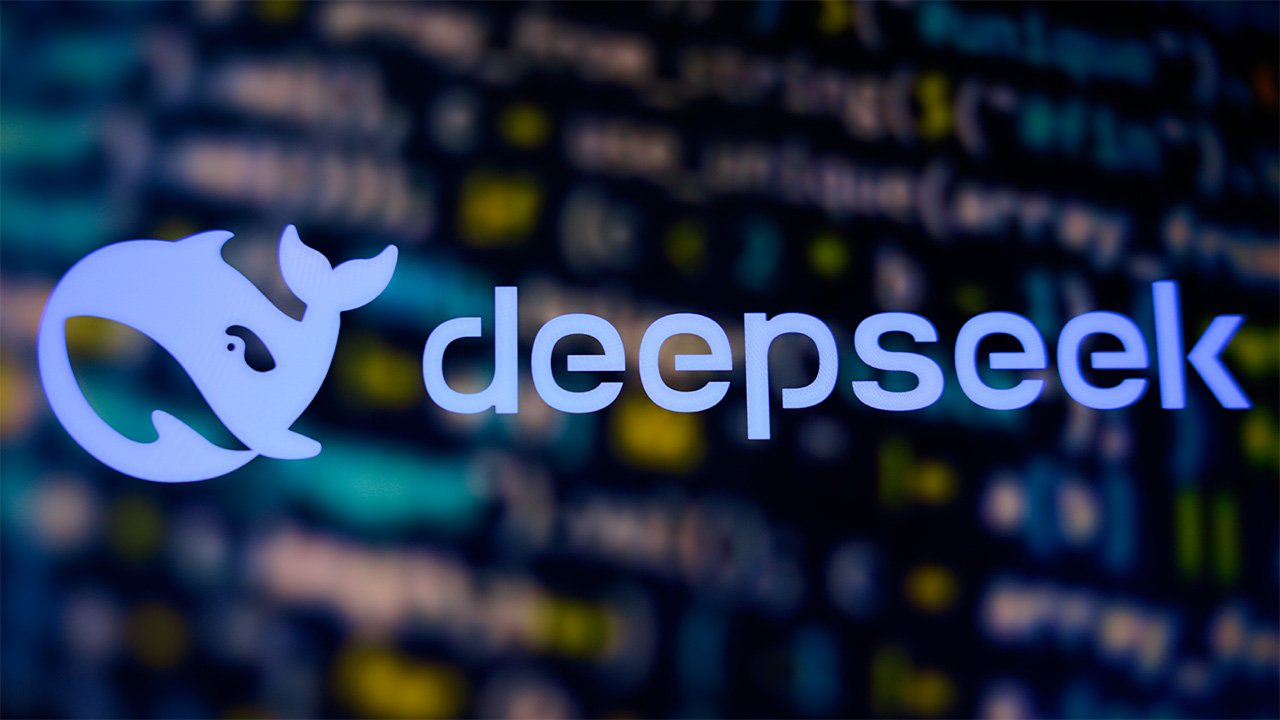The Rise of AI: Transforming Work and Innovation
Author: John Brandon

The rapid advancement of artificial intelligence (AI) is reshaping the landscape of various industries, not just by automating tasks but also by enhancing human creativity and productivity. Leading figures in the tech industry, like Sundar Pichai, CEO of Google, have made it clear that the advancements in AI are more about augmentation than replacement. As engineers can delegate routine coding tasks to AI tools, they are freed up to focus on innovative solutions and complex problem-solving.
Despite the optimism surrounding AI, concerns about job losses are prevalent. Reports indicate a visible shift in the workforce dynamics, compelling workers, particularly in white-collar positions, to adapt swiftly to maintain relevance. The introduction of AI into various job markets raises the critical question: Are these tools liberating workers or enhancing the risk of obsolescence?
Apple's upcoming Worldwide Developers Conference (WWDC) serves as a prime example of how major tech companies are embracing AI-driven transformations. Scheduled for June 9, 2025, the conference will showcase significant updates to Apple products and software systems, prominently featuring AI enhancements. Innovations such as iOS 26 promise a major redesign and improvements in user interaction through intelligent features.

Deepseek offers tailored prompts for budget creation, showcasing AI's role as a financial assistant.
With the rise of complex AI systems, a pertinent question arises regarding the importance of oversight. Industries are urged to tread carefully as they adopt these technologies, acknowledging that while AI can handle a significant portion of the workload, human intuition and oversight are irreplaceable components of success. Studies emphasize that human oversight is critical in maintaining the quality and efficiency of AI-generated outputs.
Interestingly, the financial sector is becoming a playground for AI innovations. Reports have unveiled the willingness of cryptocurrency whales investing in AI hedge funds, promising enticing returns and a meme coin launchpad. This indicates a broader willingness to leverage AI for financial growth, reflecting a fundamental shift in investment strategies and risk-taking behaviors.
The act of creating a personalized generative AI toolkit is now a necessity for individuals looking to navigate the evolving job market effectively. Reports suggest that adapting to AI technologies will empower individuals to stay ahead and maintain their competitive edge. This underscores the need for continuous learning and adaptation in workplace practices, signaling a transformative era for the workforce.
In conclusion, as we navigate this rapidly evolving environment, the narrative surrounding AI must balance optimism with cautious deliberation. It is essential to acknowledge that while AI offers substantial benefits, the human element remains crucial in driving successful outcomes in various fields. Moving forward, embracing AI will require an ongoing dialogue about ethics, responsibilities, and innovations that complement human capabilities.